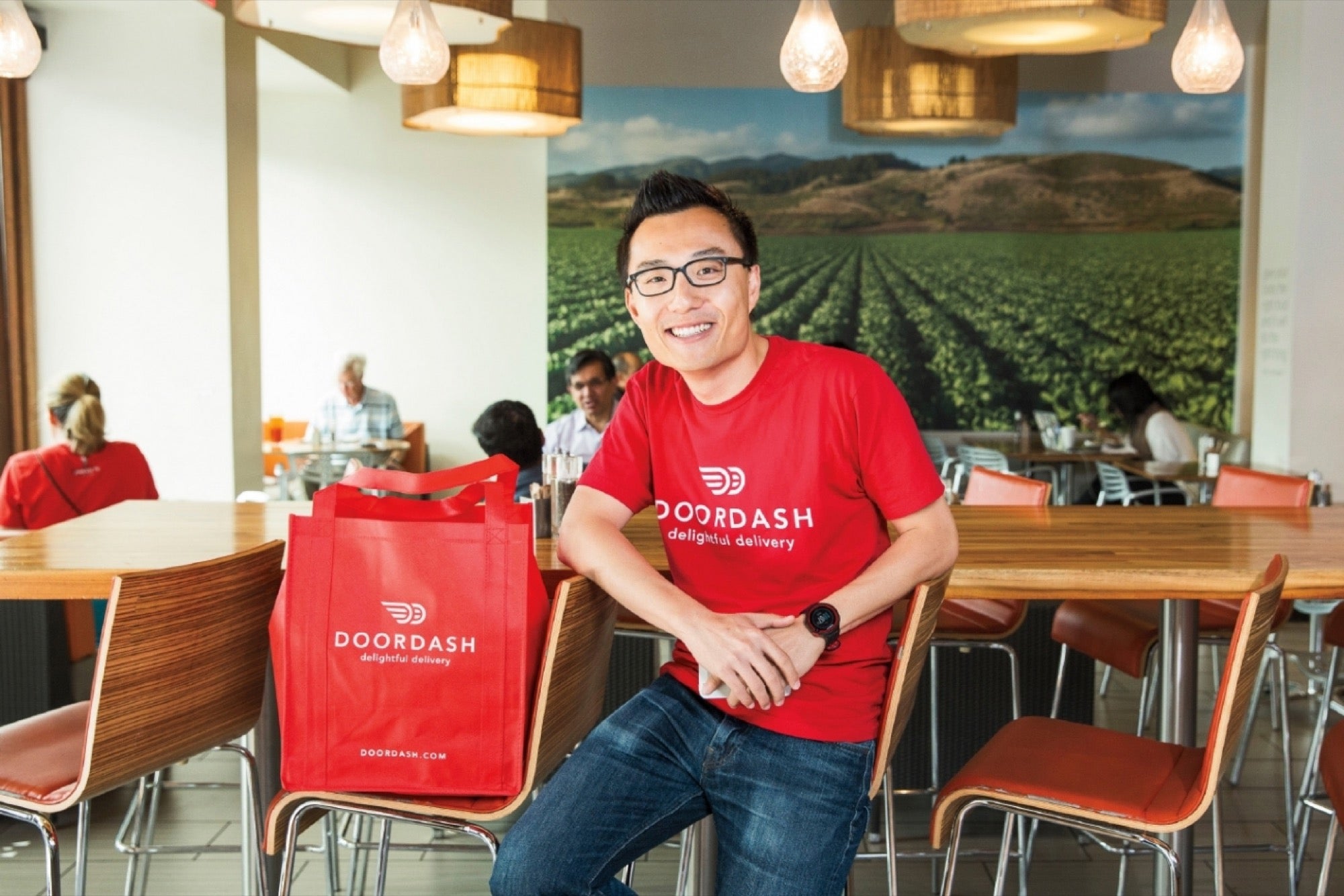How This Startup Is Helping Restaurants Be More Efficient About Delivery DoorDash's web software and app offers restaurants on-demand delivery options using a team of Uber-style drivers.
Opinions expressed by Entrepreneur contributors are their own.

Door-to-door delivery is a service plagued by a lack of reliability and consistency. "It is something that's way harder than it actually looks," says Tony Xu, co-founder and CEO of Palo Alto, Calif.-based DoorDash, which has created web software and a mobile app that partners with restaurants to offer on-demand delivery using a team of Uber-style drivers.
After building a prototype of the software in a dorm room at Stanford University, Xu and his co-founders perfected DoorDash in summer 2013 at the Y Combinator accelerator. The result is a product that addresses the delivery needs of merchants, drivers and consumers. Drivers (called "dashers") are matched with restaurants that need them to make deliveries; the restaurants, meanwhile, can see where the drivers are, and the customers know exactly when to expect them. The app also factors in food-prep time and how long an order will stay hot in transit, with the goal of being as reliable as possible.
Originally the DoorDash founders were working on a tool to measure the effectiveness of online marketing when they noticed what Xu calls "a chronic problem" among small businesses that make deliveries, from cafes to florists. The businesses had difficulty predicting when orders would come in, so they either paid drivers to wait around when there were no deliveries—a costly choice—or orders sat until a driver started a shift. DoorDash pivoted to address that problem.
With the service, consumers pay a $5 to $7 flat fee for deliveries, depending on the market, and participating restaurants pay a commission. DoorDash pays drivers from those fees. (The company would not disclose how much.) Drivers are independent contractors and provide their own cars or bikes.
The model satisfied investors. DoorDash closed a $17 million Series A round in 2014. In March 2015, it brought in an additional $40 million in a Series B round led by Kleiner Perkins Caufield & Byers.
"DoorDash is solving one of the most challenging problems in consumer technology: making the last mile of delivery as smooth as possible," says John Doerr, a KPCB general partner and DoorDash board member. "Tony Xu and his team are developing advanced algorithms and on-demand systems that will transform how we order and receive goods."
That influx of cash is helping DoorDash expand. As of May, the service was available in 11 U.S. markets, with plans to reach 20 by the end of the year.
Some non-food retail merchants have approached DoorDash about partnerships, which Xu says he'll consider down the line. First, he wants to solve the delivery problems in his chosen sector.
"We chose restaurants because they are underserved, and a great place to build relationships with consumers," he explains. "Hopefully, we'll be one major player occupying the mental space for convenience. We hope consumers drive that decision for us."









